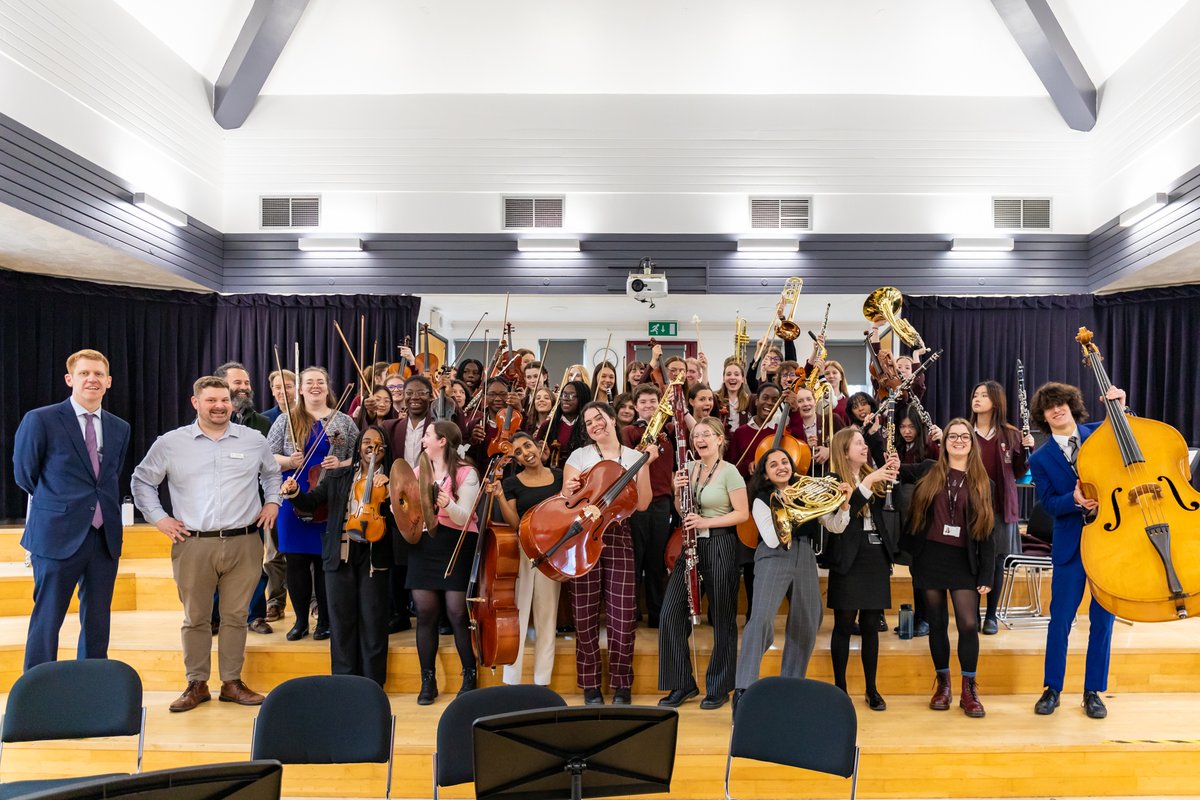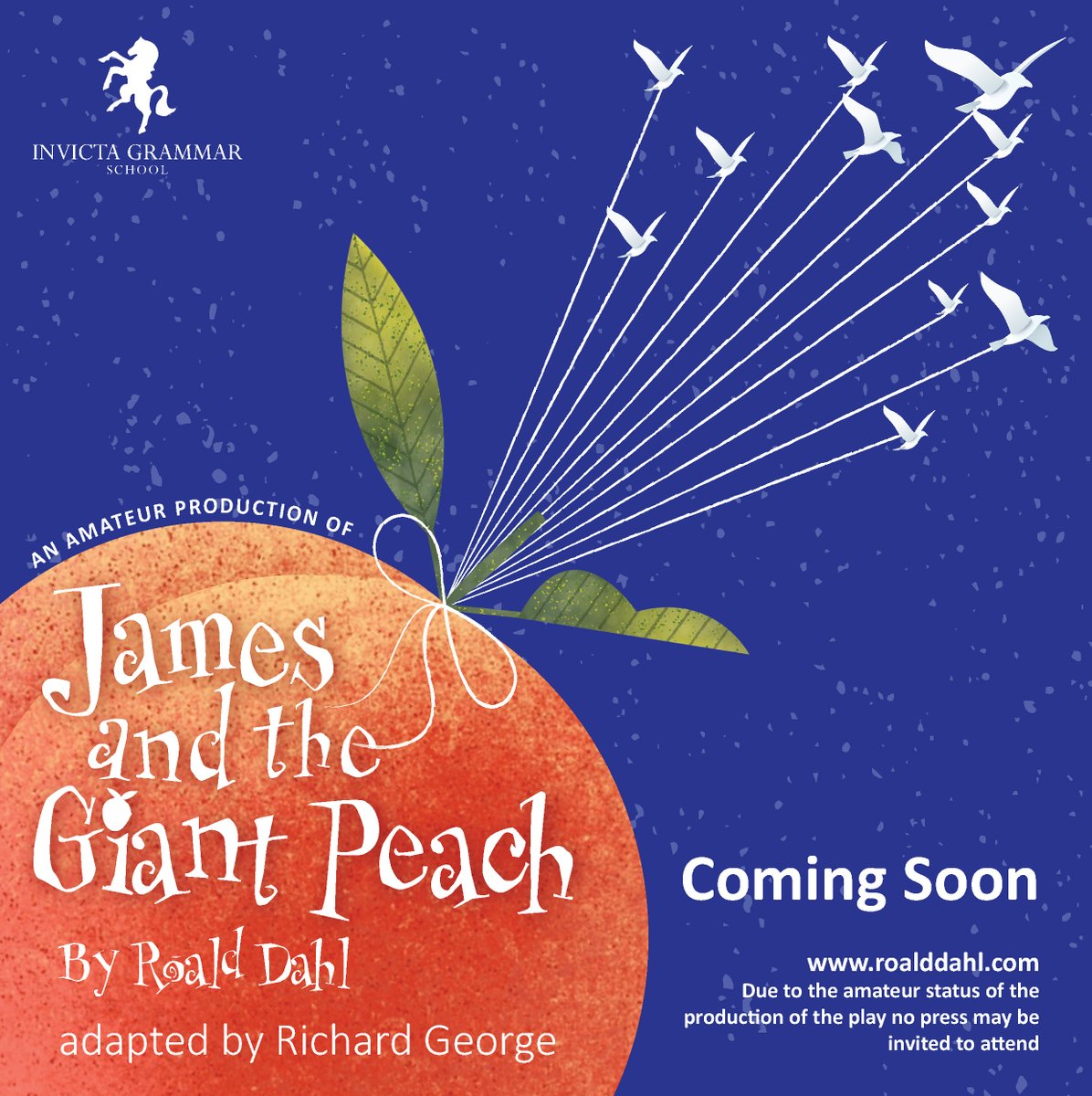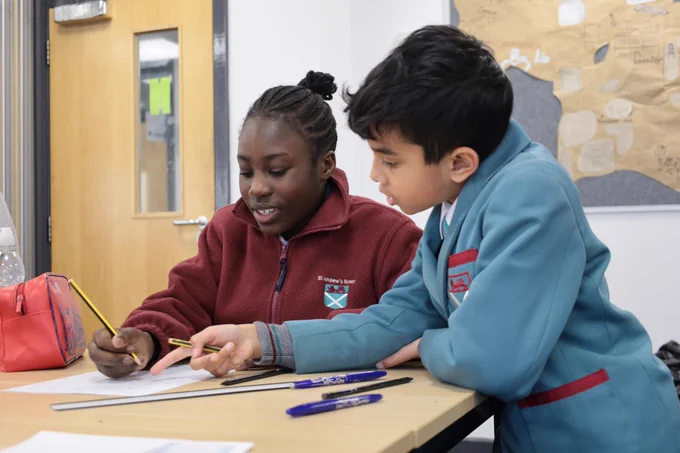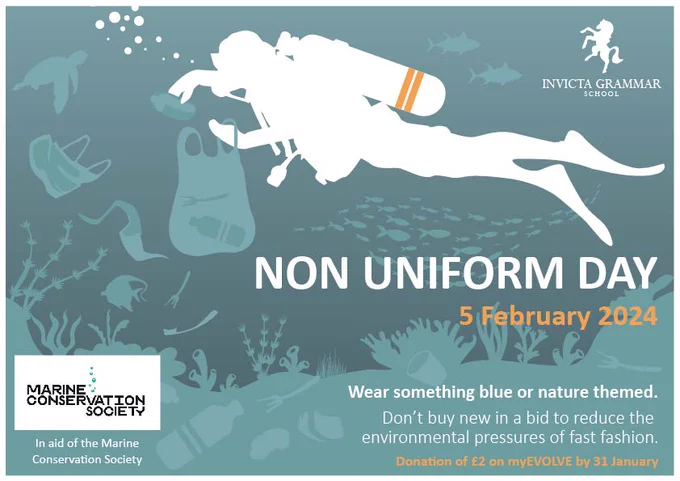Invicta Vlogs
Happy New Year! As we embark upon a new year, everyone thinks about resolutions and particularly diets.
Happy New Year! As we embark upon a new year, everyone thinks about resolutions and particularly diets. However, I would rather think about the fact that when we make resolutions, we make choices.
In October, Richard Thaler won this year's Nobel Prize for Economics. He co-wrote the global best seller ‘Nudge’, which explored how humans make bad or irrational choices. He referred to the fact that we are not the rational beings of more traditional economic theory: given two options, we are likely to pick the wrong one even if that means making ourselves less well off.
Lack of thinking time, habit and poor decision-making mean that even when presented with a factual analysis - for example, on healthy eating, we are still likely to pick burger and chips; we are hungry, in a hurry and burger and chips is what we always buy.
‘Nudge theory’ takes account of this, based on the simple premise that we choose what is easiest over what is wisest. Tests have shown that putting healthier foods on a higher shelf increases sales. The food is more likely to be in someone's eye line and therefore "nudge" that person towards the purchase - whether they had any idea about the obesity argument or not. The results of what Thaler’s team were able to achieve were so impressive that governments across the globe took the ideas on board and the Behavioural Insight Unit, or ‘Nudge Unit’ for short, was set up in the UK in 2010. This unit looks at how they might add a compelling reason to an ordinary official request, for instance asking people to pay their parking tickets, sign up for a pension, or become an organ donor - the sort of official letters you might get through the post that often get ignored.
Using the acronym EAST, their principle is that if you make a request to someone that is easy, attractive, socially acceptable and timely, people are much more likely to do what they are asked. The Nudge unit recruited 100,000 more people each year to carry organ donor cards. They discovered that the most effective slogan to present to people renewing their car tax disc online was one that appealed to them personally – therefore when you signed up for a car tax disc, it asked you the question: "If you needed an organ transplant, would you have one?". This one simple addition to the form has persuaded so many more people to sign up to be an organ donor. One of the interesting points Thaler makes is that ‘friction costs’. If you make things just a little bit easier for people, at the right time, in a way that looks good to them and makes them feel like they will be the odd one out if they do not do it – they will probably do the right thing.
Teachers already use nudge theory on students – they personalise feedback, to get to know them and what helps them work most effectively. There are lots of nudge tactics at work in school. But we can also use nudge theory for our own benefit - make things easy, attractive, socially acceptable and timely. For instance, really working hard on handwriting and spelling makes it much easier for an examiner to read your work and give you the good mark you deserve. You can make looking out for each other the social norm; and if you take the lead, for example by refusing to take part in, and always reporting, cyber-bullying, then research shows that other people will follow you down that easier path of less resistance. If you are asking for something, from a friend or a teacher, make sure you give people enough time to get the answer for you. Ask in the right way - politeness costs nothing - and you may well be surprised to see what others can be nudged into doing for you when you least expect it. If you create friction, it is more difficult to get what you want and who would want to make life more difficult if they could avoid it?
So, as our theme for this week, is ‘Take Inspiration’ I am advocating that we take inspiration from Richard Thaler. When making resolutions and considering choices, we need to use the nudge theory for our own benefit and that of others - make things easy, attractive, socially acceptable and timely. I am sure that this will have an enormous impact upon us all!




























